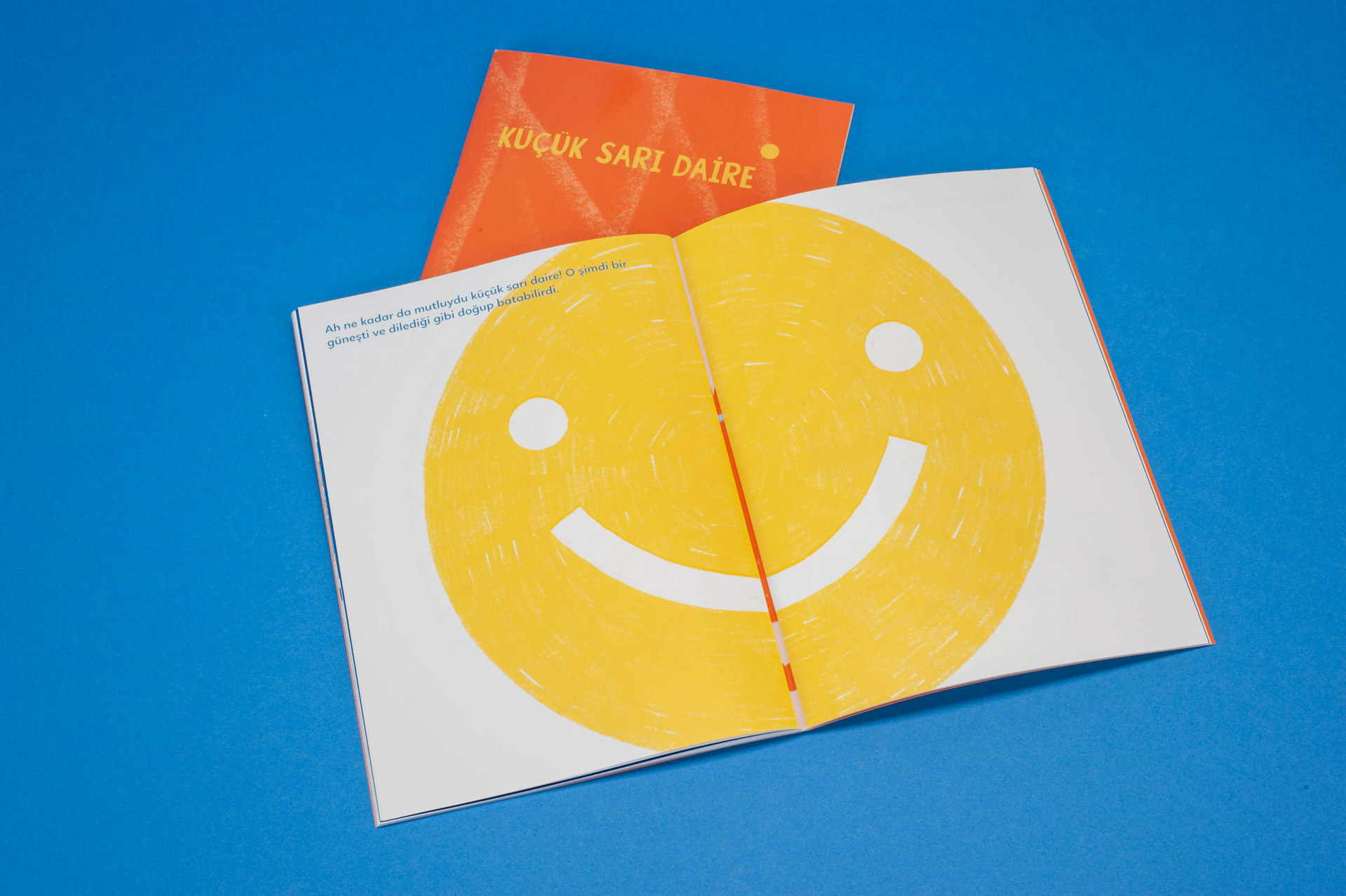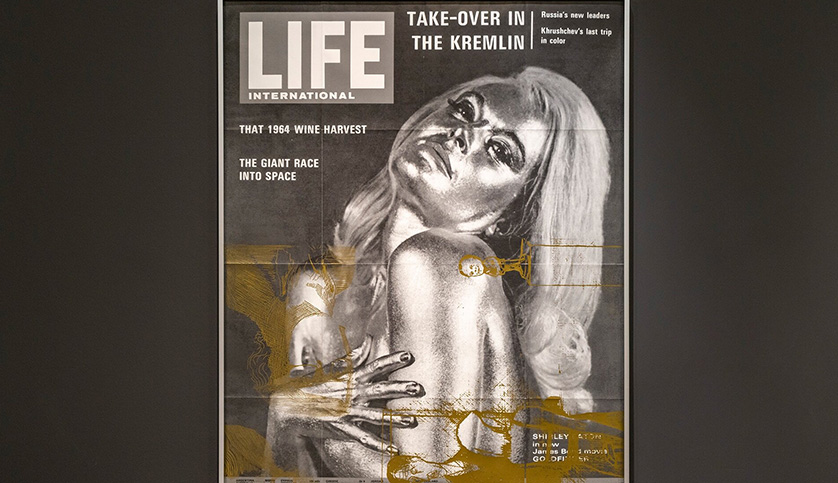Director: Seyfi Teoman
Cast: Taner Birsel, Tayfun Günay, Harun Özüağ
Turkey, Netherlands, 2008, 92’, color
Turkish with English subtitles
Ali is 10. He is the youngest member of a family from Silifke, living under the shadow of a stern father. Through the summer, he has to finish the summer book he is assigned from school, earn his own pocket money selling gums and defend himself against the bullies from his class. His father unexpectedly goes into a coma and his uncle, who has always been a stranger to the family, returns to resolve their problems. Summer Book, looking closely to a family drama from the eyes of a boy,is the debut film of Seyfi Teoman. Teoman was among the talented directors of New Turkish Cinema but unfortunately was deceased all-too-soon in his young age.
Trailer

Published as part of Pera Learning programs, “The Little Yellow Circle (Küçük Sarı Daire)” is a children’s book written by Tania Bahar and illustrated by Marina Rico, offering children and adults to a novel learning experience where they can share and discover together.

Inspired by the exhibition And Now the Good News, which focusing on the relationship between mass media and art, we prepared horoscope readings based on the chapters of the exhibition. Using the popular astrological language inspired by the effects of the movements of celestial bodies on people, these readings with references to the works in the exhibition make fictional future predictions inspired by the horoscope columns that we read in the newspapers with the desire to receive good news about our day.
Tuesday - Saturday 10:00 - 19:00
Friday 10:00 - 22:00
Sunday 12:00 - 18:00
The museum is closed on Mondays.
On Wednesdays, the students can
visit the museum free of admission.
Full ticket: 300 TL
Discounted: 150 TL
Groups: 200 TL (minimum 10 people)